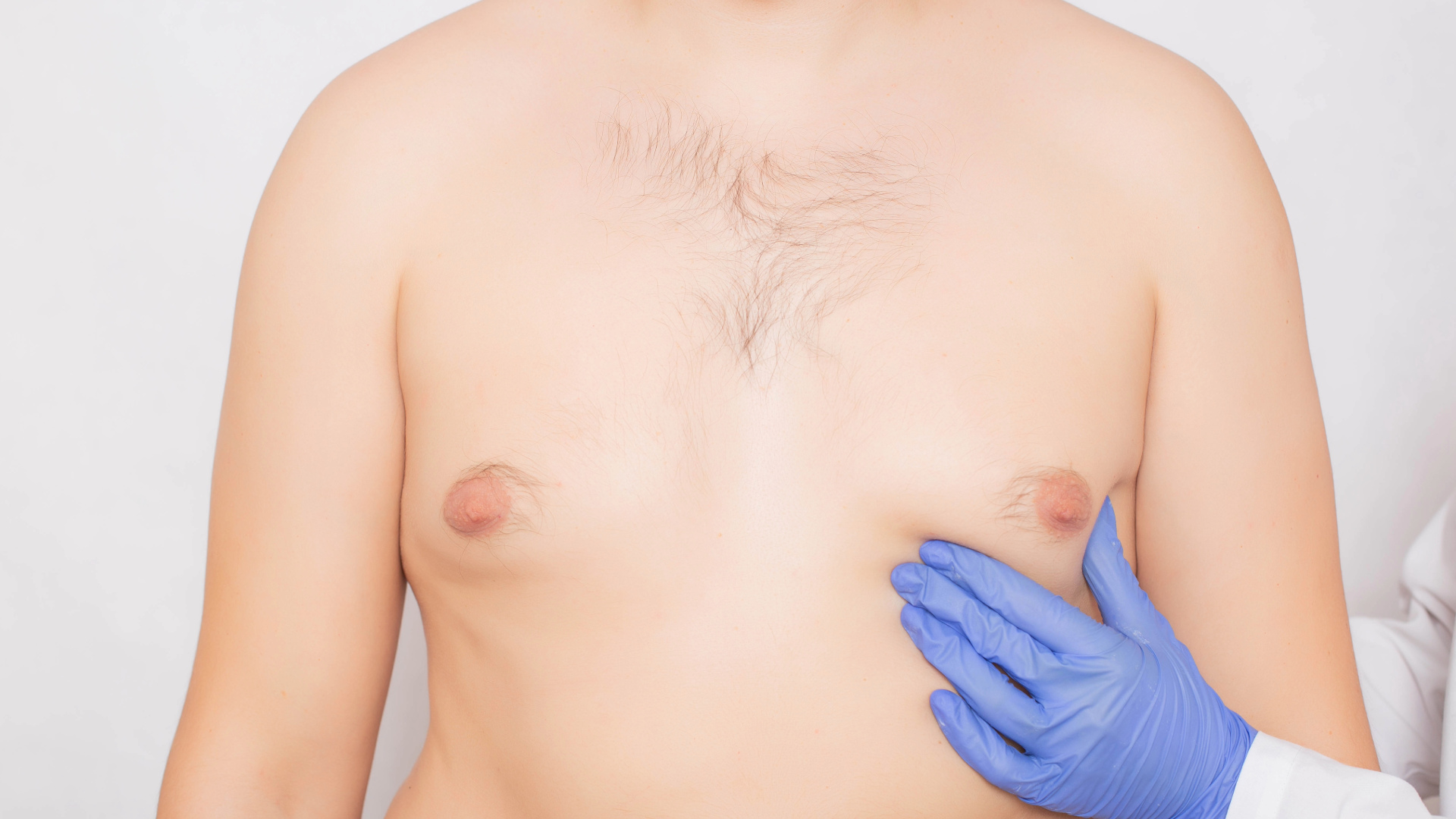Prolactin, a hormone produced by the pituitary gland, plays crucial roles in reproductive and metabolic health. While prolactin is most commonly associated with lactation in women, it also affects men and non-pregnant individuals. Elevated prolactin levels, known as hyperprolactinemia, can lead to issues such as fatigue, low libido, emotional instability, and metabolic changes.
Chronic marijuana use, stress, or hormonal imbalances can disrupt prolactin regulation, often by interfering with dopamine—the body’s natural prolactin inhibitor. This comprehensive guide explores how to reduce prolactin levels naturally, restore hormonal balance, and improve overall health.
For related content, explore:
- The Role of Dopamine in Regulating Prolactin: Boost Your Mood and Balance Your Hormones
- How Marijuana Use Affects Cortisol and Prolactin: What You Need to Know
What Is Prolactin and Why Does It Matter?
Prolactin’s Functions
Prolactin serves several critical functions beyond its role in lactation:
- Reproductive Health:
- In men, prolactin regulates testosterone and supports sperm production.
- Elevated prolactin suppresses testosterone, leading to symptoms like low libido, erectile dysfunction, and reduced fertility.
- Metabolic Regulation:
- Prolactin affects energy storage, insulin sensitivity, and overall metabolism.
- High prolactin levels are linked to weight gain and reduced metabolic efficiency.
- Emotional Stability:
- Prolactin influences mood and emotional regulation. Elevated levels can contribute to irritability, depression, and a sense of emotional flatness.
How Prolactin Is Regulated
Prolactin secretion is controlled by dopamine, a neurotransmitter produced in the hypothalamus. Dopamine acts as a “brake” on prolactin, preventing its overproduction. When dopamine levels drop—due to stress, certain medications, or substances like marijuana—prolactin levels can rise unchecked.
Symptoms of High Prolactin Levels
Elevated prolactin, or hyperprolactinemia, can cause a wide range of symptoms, including:
- Reproductive Issues:
- Reduced testosterone and libido in men.
- Menstrual irregularities or infertility in women.
- Physical Changes:
- Gynecomastia (breast tissue enlargement) in men.
- Weight gain and fluid retention.
- Emotional and Cognitive Effects:
- Fatigue, brain fog, and difficulty concentrating.
- Depression or mood swings.
Natural Ways to Reduce Prolactin Levels
1. Boost Dopamine Levels
Since dopamine inhibits prolactin, supporting dopamine production is one of the most effective ways to reduce prolactin naturally.
- Consume Tyrosine-Rich Foods:
- Tyrosine is an amino acid that serves as a precursor to dopamine. Include foods like:
- Eggs, turkey, chicken, fish
- Bananas, avocados, almonds
- Relevance: A diet rich in tyrosine provides the building blocks needed for dopamine synthesis.
- Tyrosine is an amino acid that serves as a precursor to dopamine. Include foods like:
- Engage in Pleasurable Activities:
- Hobbies, exercise, and creative pursuits stimulate dopamine release.
- Example: Regular physical activity, such as running or weightlifting, boosts dopamine production while reducing stress.
- Avoid Dopamine-Depleting Behaviors:
- Overuse of digital screens, junk food, or other instant-gratification activities can desensitize dopamine receptors, leading to lower overall dopamine availability.
For a deeper dive into dopamine’s role in prolactin regulation, see The Role of Dopamine in Regulating Prolactin: Boost Your Mood and Balance Your Hormones.
2. Manage Stress
Stress significantly reduces dopamine levels, indirectly raising prolactin. Managing stress effectively is key to hormonal balance.
- Practice Mindfulness and Meditation:
- These techniques calm the nervous system, reducing stress and stabilizing dopamine levels.
- How to Start: Dedicate 10–15 minutes daily to mindfulness meditation.
- Breathing Exercises:
- Deep breathing activates the parasympathetic nervous system, counteracting stress-induced prolactin spikes.
- Technique: Inhale for 4 seconds, hold for 4 seconds, and exhale slowly for 6 seconds.
- Regular Exercise:
- Moderate-intensity activities like yoga, walking, or swimming lower cortisol (the stress hormone) and support dopamine production.
3. Optimize Your Diet
Certain nutrients are particularly effective at reducing prolactin levels and supporting hormonal health.
- Vitamin B6:
- Supports dopamine synthesis, which inhibits prolactin.
- Food Sources: Poultry, chickpeas, bananas, and fortified cereals.
- Tip: A daily B6 supplement may also help regulate prolactin.
- Zinc:
- Zinc inhibits prolactin secretion directly and supports overall hormonal health.
- Food Sources: Shellfish, pumpkin seeds, beef, and cashews.
- Antioxidant-Rich Foods:
- Free radicals can damage dopamine-producing neurons. Foods high in antioxidants, such as berries, spinach, and dark chocolate, protect these cells.
- Relevance: A diet rich in antioxidants helps maintain healthy dopamine levels, indirectly reducing prolactin.
4. Try Adaptogenic Herbs
Adaptogens are natural substances that help the body adapt to stress, indirectly supporting dopamine production and prolactin regulation.
- Ashwagandha:
- Reduces cortisol levels, which can help stabilize dopamine and prolactin.
- Rhodiola Rosea:
- Improves resilience to stress, enhancing overall hormonal balance.
- Mucuna Pruriens:
- Contains natural L-DOPA, a direct precursor to dopamine, making it particularly effective for lowering prolactin.
5. Prioritize Sleep
Poor sleep disrupts hormonal regulation, contributing to elevated prolactin levels.
- Establish a Regular Sleep Schedule:
- Go to bed and wake up at the same time every day.
- Reduce Blue Light Exposure:
- Limit screen time at night, as blue light suppresses melatonin, which is crucial for restorative sleep.
- Consider Natural Sleep Aids:
- Magnesium or melatonin supplements can support better sleep quality.
When Natural Methods Aren’t Enough
1. Medical Testing
If symptoms persist despite lifestyle changes, consider consulting a healthcare provider to test prolactin levels. Testing involves:
- Blood tests to measure prolactin levels.
- Imaging tests (e.g., MRI) if a pituitary tumor (prolactinoma) is suspected.
2. Medications
For significantly elevated prolactin, dopamine agonists may be prescribed:
- Cabergoline:
- A first-line treatment that lowers prolactin by enhancing dopamine activity.
- Bromocriptine:
- Another effective option, though it may have more side effects than cabergoline.
For a detailed guide on medical interventions, read Should You Consider Medication to Manage Cortisol and Prolactin? Exploring Your Options.
Conclusion
Elevated prolactin can have wide-ranging effects on physical, emotional, and reproductive health. Fortunately, natural strategies—including boosting dopamine, managing stress, and optimizing nutrition—can effectively regulate prolactin levels and restore balance. For those with persistent symptoms, medical intervention may be necessary to address underlying causes.
To continue learning about hormonal health, explore:








